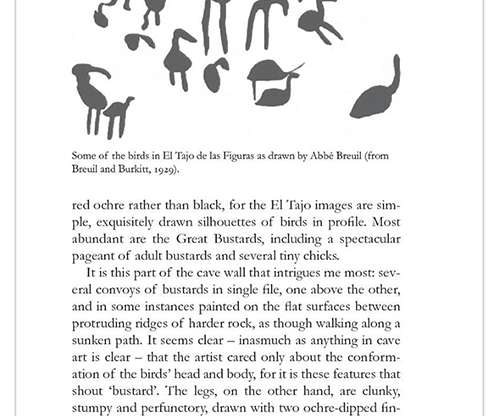H. J. McCloskey on Punishment of Cruelty to Animals
Animal Ethics
SEPTEMBER 20, 2010
[T]here is another class of cases where the state is accorded the right to interfere with the individual when he is not interfering with any other person, namely, where cruelty to animals is involved. who cannot protect their interests. who cannot protect their interests.












Let's personalize your content